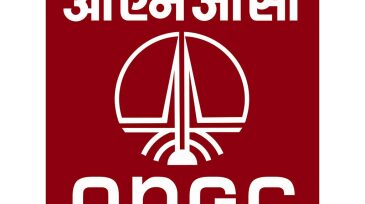Career Development
The free, virtual program is designed to help participants build data-driven capabilities for the energy industry.
Saipem's center includes a full-scale simulator designed to replicate real operational scenarios to deliver an immersive training experience.
Boston takes the top spot followed by Atlanta and Seattle in WalletHub's annual report.
-
A conversation with R.V. Marathe, executive director and head of the Institute of Reservoir Studies at ONGC, about his career and advice for young professionals.
-
Home to more than 5,000 energy-related companies, Houston, Texas, inevitably becomes a second home to many in the industry. What is it like to live and work there?
-
Videos featuring industry leaders across all SPE disciplines are being collected. They will capture career advice for young professionals.
-
Amir Soltani, Statoil, discusses the diverse workforce represented in the Arctic and what it is like to live and work there.
-
A conversation with Peter Voser, chief executive officer of Royal Dutch Shell, about his career and his company.
-
David Reid of National Oilwell Varco discusses the role of failure and learning from it in learning and career growth.
-
The sixth annual Emerging Engineers Conference (EEC) held last year in Houston by the SPE Gulf Coast Section drew a record 150 participants. The one-day event gave YPs the opportunity to hear from industry leaders on a variety of topics related to global energy outlook, technological innovations, the business side of the energy sector, career management, and more.
-
What it is like to live and work in Dubai.
-
Interviews with three women who are working to develop solutions to climate change.
-
Tackling climate change is the key issue for the oil and gas industry in the years ahead. How will you respond?













